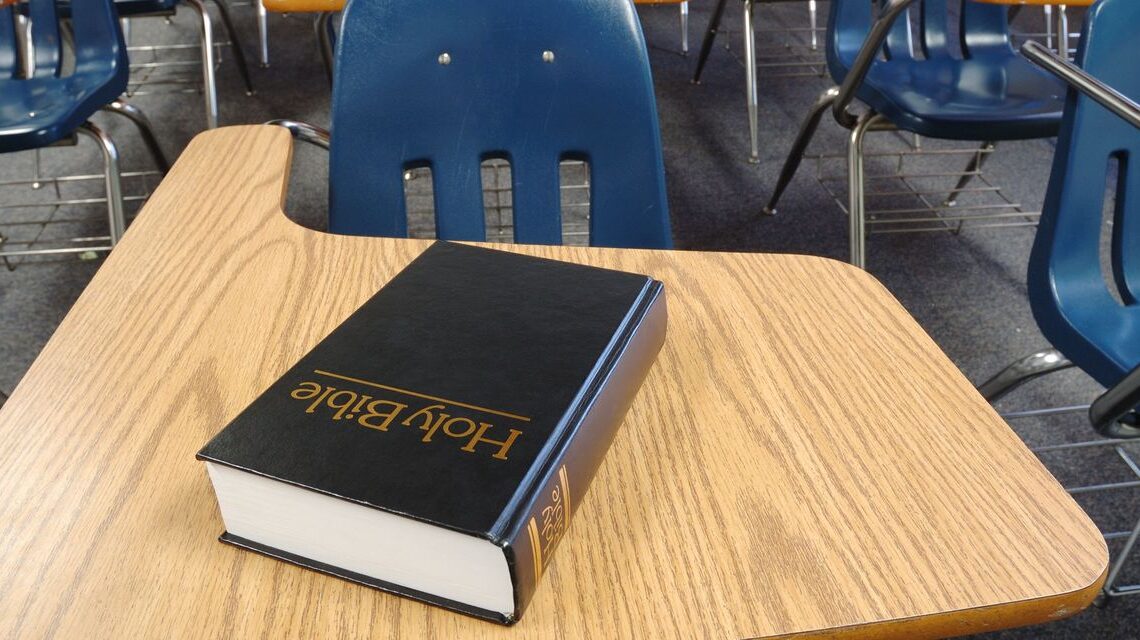The Supreme Court on Tuesday affirmed that the state of Maine may not selectively discriminate against religious schools or the families who choose to send their children to them. Carson v. Makin is long overdue but still a welcome win for educational choice and pluralism.
Maine operates a tuition-assistance program for parents who live in school districts without their own secondary schools. The parents choose a school, public or private, and the state helps them pay to attend. A range of schools are eligible, including ones outside Maine, and many offer elite programming and plush amenities that differ dramatically from public offerings. Yet the state refuses support to families that choose a “sectarian” school—one that “promotes the faith or belief system with which it is associated” or “presents the material taught through the lens of this faith.”
A six-justice majority held that this violates the Constitution’s protection of the free exercise of religion. The First Amendment, Chief Justice
John Roberts
wrote, prohibits denying otherwise available public benefits to religious individuals and institutions. He insisted that Maine’s desire to separate church and state “more fiercely” than the Constitution requires is no excuse for this denial.
Twenty years ago, in an opinion by Chief Justice
William Rehnquist,
the court abandoned its historically unfounded view that programs that provide evenhanded educational assistance to students attending faith-based schools somehow “establish” religion. Contrary to widespread but misguided sloganeering that religion-neutral school-choice programs erase the distinction between church and state, the Court held in Zelman v. Simmons-Harris that they promote education.
This ruling sparked education-reform efforts across the country, but it was insufficient as some states continued to enforce their own rigid rules excluding religious schools from funding programs. But three decisions by Chief Justice Roberts finished the job.
In Trinity Lutheran v. Comer (2017), Espinoza v. Montana Department of Revenue (2020) and now Carson, the justices made clear that the Constitution neither requires nor permits discrimination simply on the basis of religion in education funding. Cooperation between governments and religious schools doesn’t establish…
Click Here to Read the Full Original Article at RSSOpinion…

